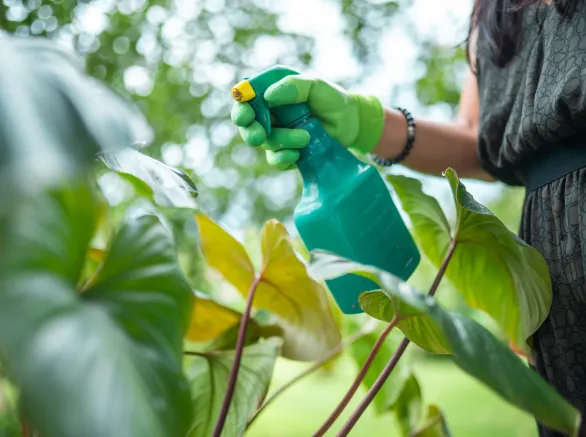July 9, 2020
Developers bring concerns over shortages in reagents and swabs to light, but pooling is not always the answer
On July 1, 2020, the U.S. Food and Drug Administration (FDA) held its weekly town hall-style meeting where the in vitro diagnostics (IVD) community was invited to ask clarifying questions about the guidance on IVD testing last updated on May 4, 2020, allowing emergency use authorization (EUA) for qualifying diagnostic tests for SARS-CoV-2.
The key takeaways are listed below:
- Due to shortages in reagents, attention is turning to sample pooling. FDA has not authorized a sample pooling scheme yet, but the agency is interested in EUA submissions for authorization. Nonetheless, some laboratories are considering implementations of sample pooling. FDA cautions that pooling schemes in populations with a greater than 20% prevalence rate will lead to inaccurate results. Sample pooling in populations with less than a 20% prevalence rate are still prone to producing more false negatives and for that reason, any negatives obtained should be deemed "presumed negatives." A pooling scheme that has worked historically is to take two swabs per patient and store the second swab for testing individually after confirmation that one of the pooled samples is positive, but due to the intermittent shortages in swabs, this approach may not serve useful.
- A spike in MedWatch complaints has alerted FDA that a popular platform's reagent kit is producing false positive results at a rate of up to 3%. FDA is working with the developer to rectify the situation and advised during the town hall that all positive results designated by that system be deemed "presumed positive."
- Developers are finding that customers are unwilling to buy tests that have not been authorized, even if they are on the notification list. Despite doubling their staff of reviewers, FDA is still grappling with the number of applications they are seeing. Developers should consider this in their product development timeline. Keep in mind that submission of an EUA or pre-EUA is not the same as using the notification pathway. Developers would have to submit a separate notification letter to be included on the notification list on the FAQ website while awaiting EUA review.
- Developers interested in adding a new specimen type via an EUA modification can do so, but FDA does not recommend the use of a bridging study as effective validation. Developers should reference the EUA guidance and available templates for validation recommendations.
How Exponent Can Help
Exponent's multidisciplinary team of biotechnology, medical device, and pharmaceutical industry professionals develop safety information for products and processes that comply with all pertinent standards, regulations, and best practices. With expertise in risk communication and FDA assessments, Exponent can assist in FDA label preparation and pathway B or D submission for COVID-19 diagnostics. Our offerings also include reviewing diagnostic data to assess the completeness of the package for EUA or pathway D submission.
Insights

